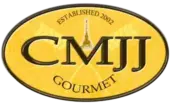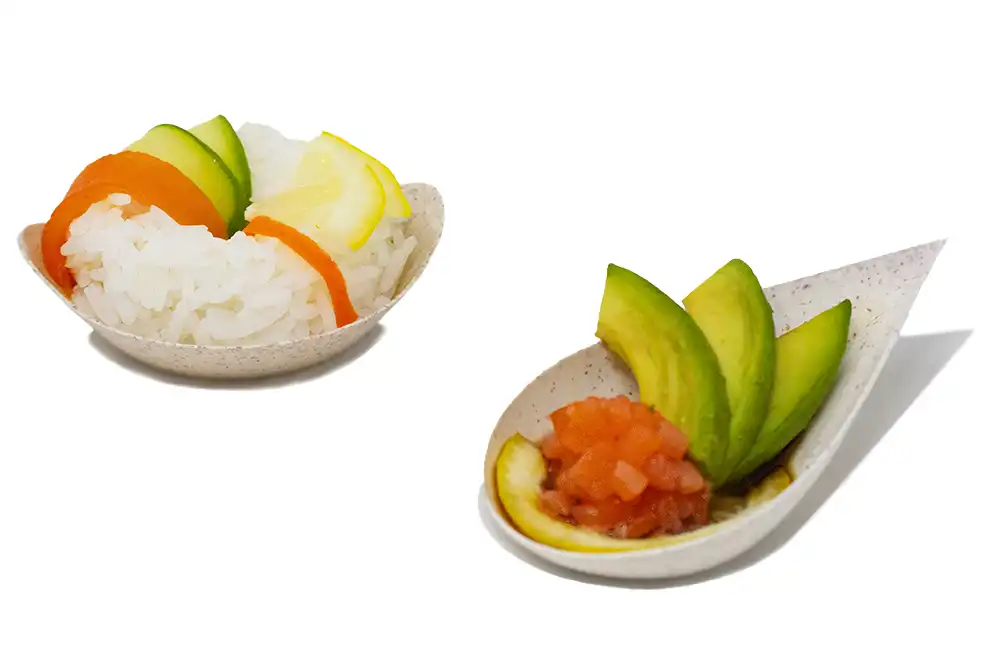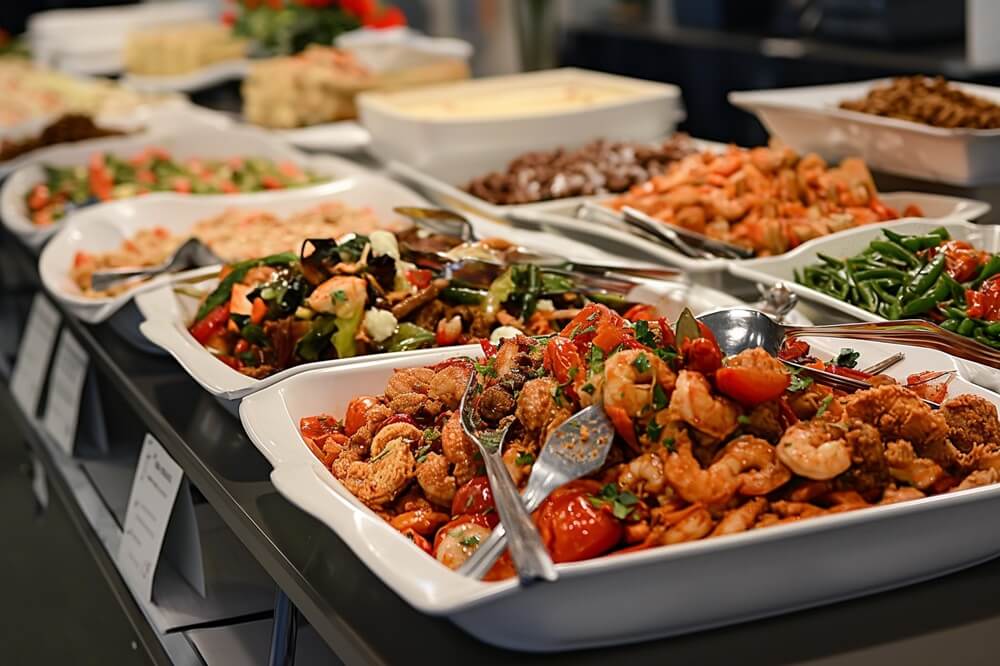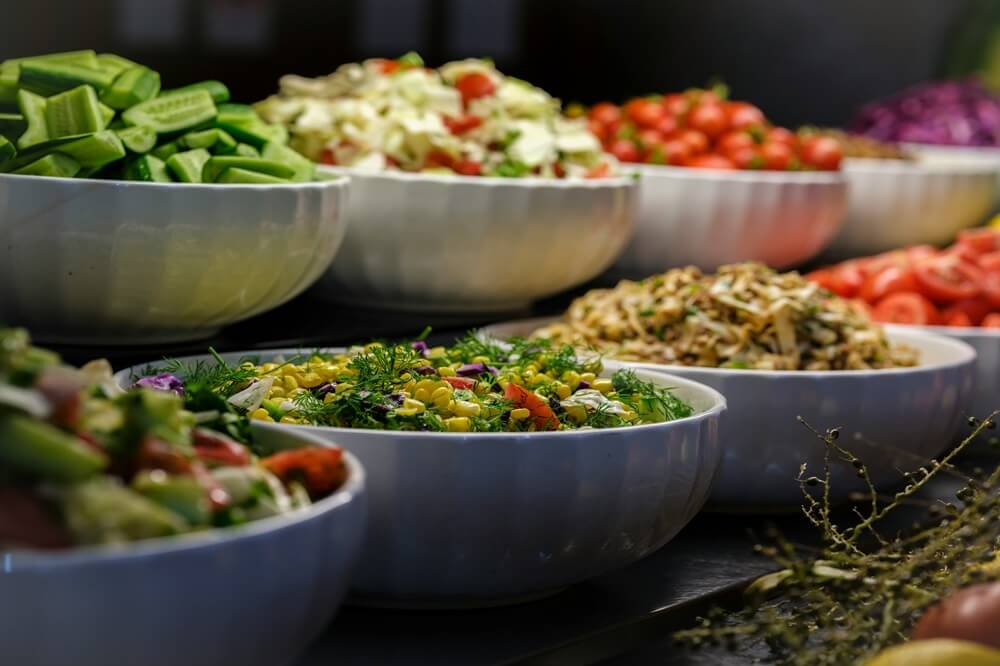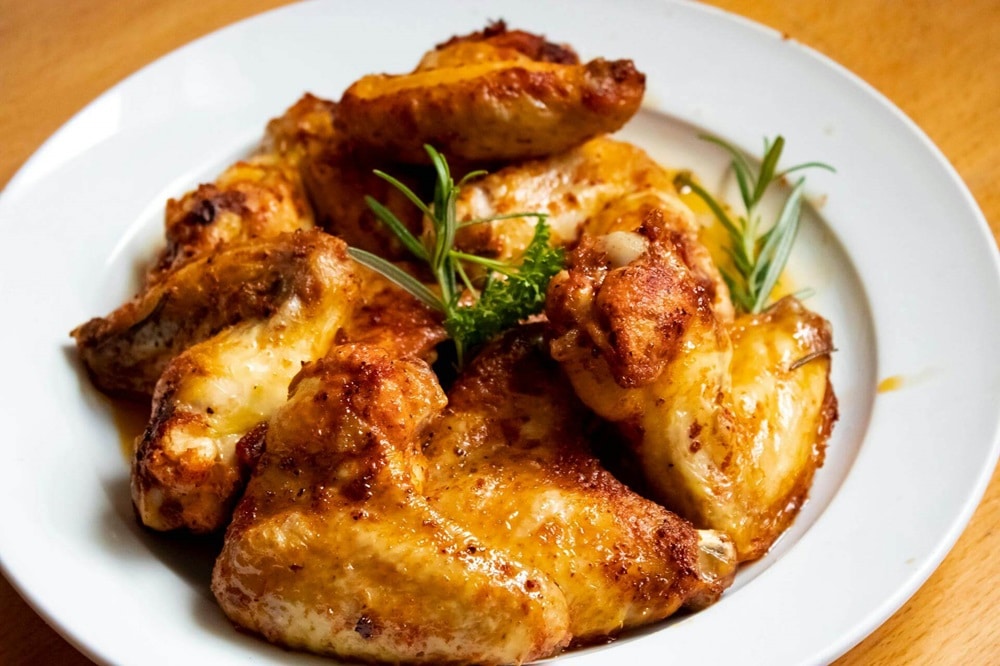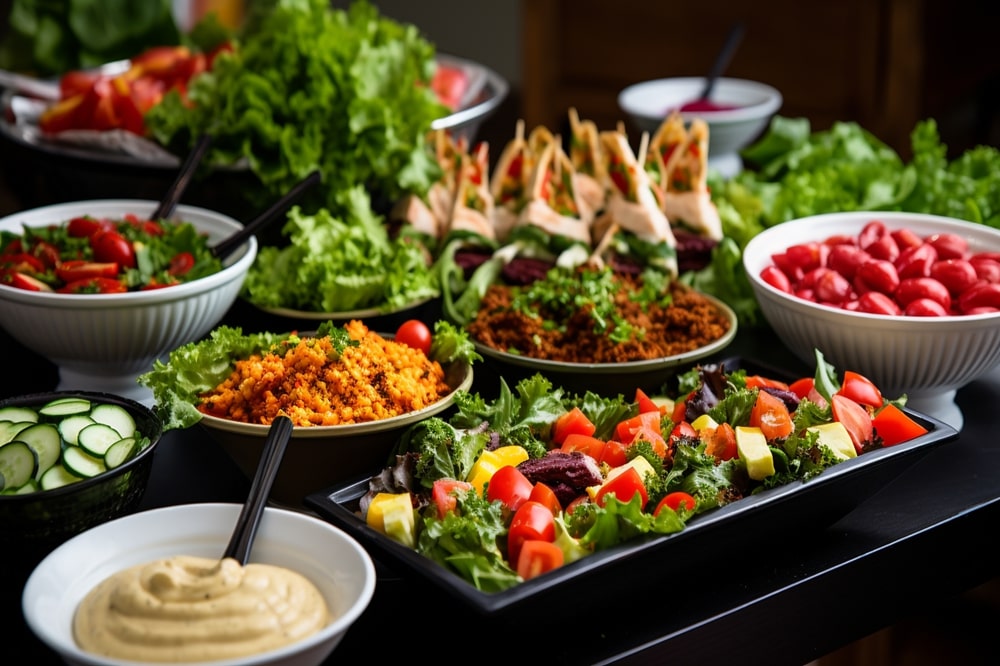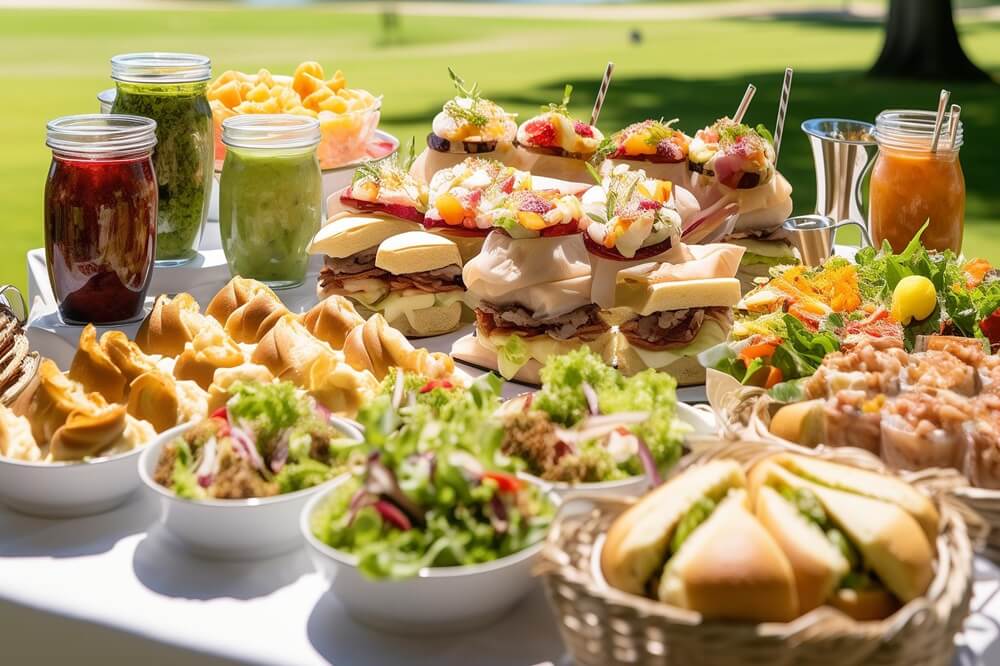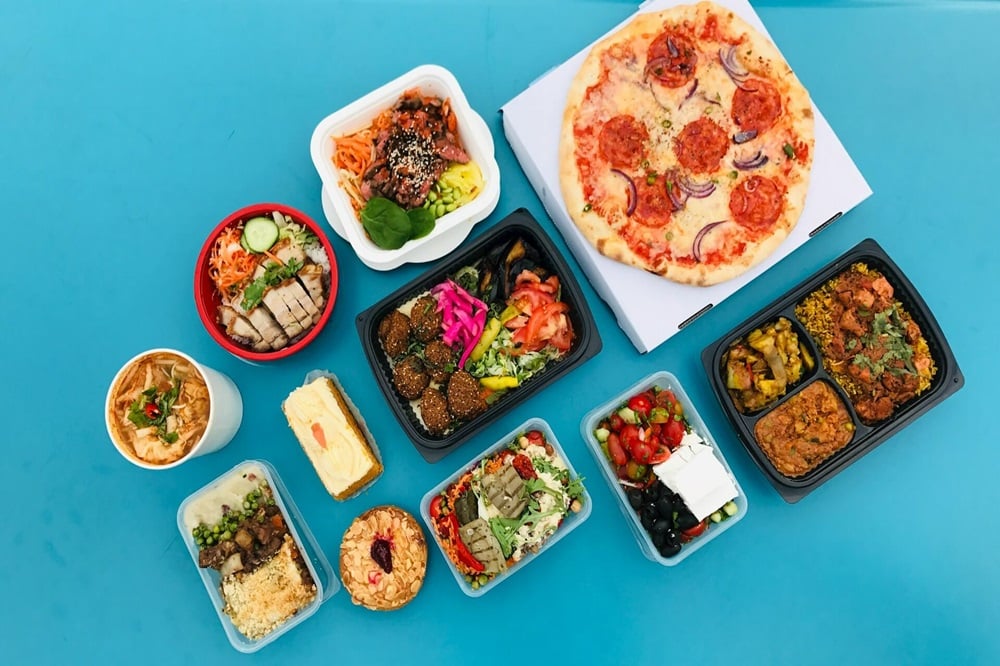Starting a catering business requires you to have specific licenses. You need these to stay within your local and state regulations for owning and operating this type of establishment. Running a catering business is more than preparing food on bulk plastic serving trays—you must properly conduct your responsibilities and duties with the correct permits, or you could risk losing your business.
Generally, a catering business won’t fall under federal regulations, so focus your attention on the laws of the state you plan to host your establishment. In the following article, you’ll find the license and permits you must own to run your business and a few that aren’t required but are still an excellent idea to obtain because they can better your company.
Table of Contents
Employer Identification Number
Before obtaining any permits or licenses, you need an employer identification number. This will be your tax ID number through the Internal Revenue Service (IRS). You need this ID number so that you can pay federal taxes, open business bank accounts, apply for licenses and permits, and hire employees. This is the one and only free permit or identification you can apply for.
General Business License
No matter what type of business you have, it’s required by local and state laws to have a general business license in the United States. You need this license to ensure your catering company complies with local zoning ordinances and to participate in business activities near your local areas. Double-check with your state because requirements will vary.
The fee for this type of license will differ by the state you live in, but in general, it can cost anywhere between $50–$100 or a percentage of your company income.
Food Handler Permit
You must protect your business, employees, and customers by receiving a food handlers permit from the state. This allows you to legally work in the food and beverage industry. It’s also best if employees carry their own certification for this and complete a training course in food handling.
Depending on your state, there might be a few different factors that separate a retail food permit from a wholesale food permit. But typically, the cost for this will start at $100.
Caterer Permit
Aside from the standard food handler permit mentioned above, there are specific catering stipulations that you need to adhere to. In many cases, a caterer permit is piggy-backed off of a health permit or inspection. Your establishment or the building you work out of will need to meet local and state requirements for you to prepare food there.
This type of permit has no set cost because it falls under your state’s food, zoning, and liquor codes.
Building Health Permit
Remember that health permit from before? Regardless of what type of food establishment you have, you will most likely need a building health permit to comply with sanitation regulations. The requirement of this permit could depend on what county you live in. You either need one because you recently renovated or constructed the building, or the building is older, and they need to verify that it’s up to code.
If you are unsure whether you need this permit or not, visit your local government websites to find out if you’ll need one. The cost for this could be between $50–$1,000.
Restaurant Food Service License
This license may seem contradictory to what type of business you plan to run, but if you’re serving food, you need this. While you need this license for serving food, there may be distinguishing factors that separate a catering business from a restaurant, mobile food trucks, and other food service establishments. The Department of Health in your state will issue this license.
The cost for this type of permit will depend on the classification of your establishment and the size of your business. Expect to pay anywhere from $100–$1,000.
Miscellaneous
Your state more than likely requires the above license and permits; the following, on the other hand, are optional. However, it’s still an excellent idea to obtain them. When it comes to your company, you want to do everything in your power to protect it and the employees you plan on hiring.
Home Occupation Permit
You don’t necessarily need a physical location to start a catering business. You can save money by creating your company from the comfort of your home. In order to do this, though, you will need a home occupation permit or license.
Where you live and what residential zone codes there are will help you determine if you need this type of permit. If you are unsure, visit the state websites within your region. This permit can cost anywhere from $50–$100.
Catering Business Insurance
While this isn’t a permit or license, getting an insurance plan for your business is still the best idea to protect yourself and your employees from getting hurt and your property from damages. Insurances you can expect to receive are commercial auto insurance (if you plan on running deliveries), worker’s compensation, commercial property insurance, and general liability insurance.
You will need to pay for insurance every year, but if you don’t have this, you could be paying a hefty bill out of pocket if anything happens to your workers or property. There are a few different companies you can work through, so go through your options before making a permanent decision.
Liquor License
It’s a typical assumption that if you’re catering food, you will also have options for alcoholic beverages. Never serve alcohol if you don’t have a license, or you will have steep fines to pay or worse. Contact your state’s Alcohol Beverage Control Board to understand what steps you need to take to obtain this license.
While the idea and thought of starting a catering company are easy to handle, obtaining the number of licenses and permits you need is a much more difficult feat to accomplish. Ensure that you have all the possible permits you need before opening your business, or you could run into legal issues. Moving forward, keep all your licenses up-to-date to stay within the legal measures of your state and county.
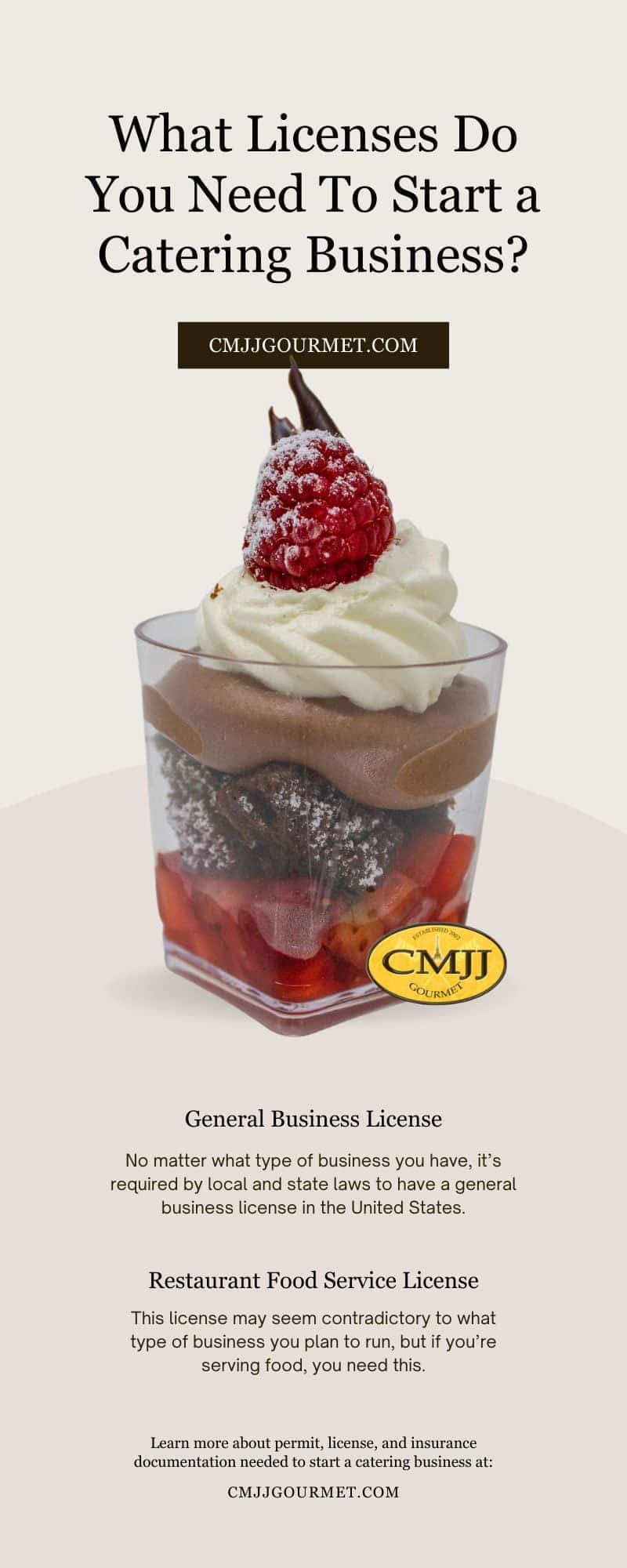
Other Articles
Dessert Menu for Wedding
Key Takeaways Dessert is a memorable highlight of weddings, offering a chance…
Catered Lunch Ideas
Key Takeaways Offering a range of customizable meal options caters to different…
Healthy Catering Options
In a world where convenience often trumps nutrition, finding healthy food catering…
Appetizer Catering for Weddings
A wedding celebration is a symphony of love, and every note must…
Chicken Dishes for Catering
Chicken is always a great choice for catering events and parties. It’s…
Family Reunion Food Ideas
It’s hard to imagine a family reunion without lots of delicious food,…
Cold Buffet Ideas
Hot foods are great for parties, but they have one significant disadvantage…
Catering for Picnics: Ideas, Hints and Tips
Picnics blend the simple joy of outdoor dining with the delight of…
How To Tell if a Container Is Microwave Safe
An important question, indeed. Not every container we buy, receive, or use…
